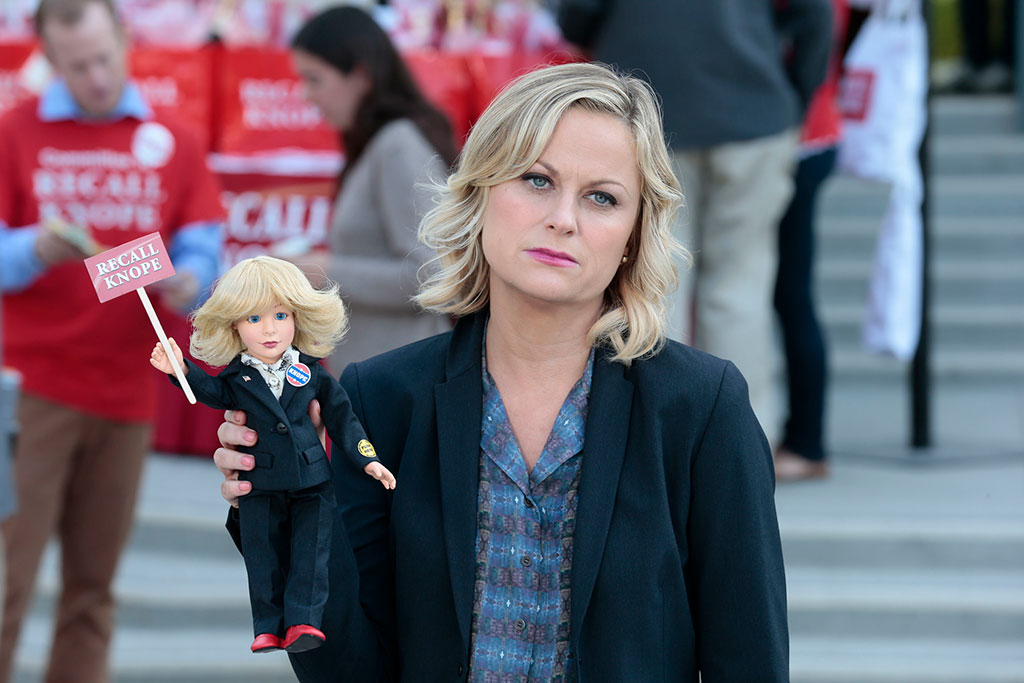Recently reviewing the media’s coverage of the riots in the UK, I came across an article in The Telegraph that both surprised and annoyed me. It outlined an opinion poll conducted on the government’s response to the riots. It claimed that 49 per cent of the population were unhappy with the Prime Minister’s response to the riots.
Now, you might be wondering why I was annoyed by the article. For me, IF opinion polling is to be used it has three principal applications. First, it might be used to understand how people intend to vote in an upcoming election. Secondly, polling might be used to inform governments or public organisations. They might want to understand how a policy could impact the general populus or a specific group of people. Or measure whether a policy is having its intended impact or not. Lastly, polling might be used by a government to gauge how its overall programme is being received by the population it was elected to serve.
Polling, in my view, is not supposed to be used to ask the general public about the day-to-day functioning and decision-making of a recently elected government. Again, you might wonder - why does this matter?
Well, you don’t need to be a polling expert to know that trust in politicians in developed democracies around the world is at an all-time low. The prevailing view is that politicians are out for themselves, lack integrity, do not believe in anything in particular. They are happy to provide their opinion based on whichever way the wind is blowing.
The blame for this is often placed at the feet of those politicians. The argument is that the calibre of people choosing politics is far lower than it has been in previous generations. As such we have a group of leaders who do not believe in what they tell us. Others argue the toxic culture of social media, the overall decline in moral standards in Western democracies and the rise of the culture of the individual, also contribute to fewer common norms on moral expectations.
All of these are true and do intensify the situation we find ourselves in. But I think there might be a more fundamental problem that is rarely addressed. Instead of politicians getting on with the job they have been elected and therefore delegated to do, they are constantly trying to please people instead of serve people.
Politicians are having to constantly try and not say the wrong thing on social media or in a tough interview. They are, more and more being urged to respond to polls (often commissioned by the media) and the resulting stories about the day-to-day functioning of government. In any sphere of life, it is virtually impossible for any leader to make a good decision if they are constantly forced to question whether they are making the right decision not because it might harm the people they are leading or serving but because it might not be received well.
If we want the calibre of our politicians to improve, our current crop needs the freedom to govern, oppose and lead without the need to please us.
Both Jesus and St Paul spoke of the contrast in pleasing people instead of being led by God (or your convictions). Jesus said that you cannot serve two masters. You will either hate one and love the other or be devoted to one and despise the other. Here, the contrast in question is between money and God. But the principle remains the same. Politicians cannot govern effectively if they are trying to win a popularity contest at the same time.
This does not mean that politicians should not be held accountable. They should be able to explain and justify the policies and decisions they make within the confines of the system that they have been elected into. In the UK, this includes Parliament, engagement with constituents, in-person surgeries and meetings, party management, and dialogue and examination by the media. It should not include weekly polling data which seems to serve the purpose of generating cheap content and fleeting headlines. It prevents the politicians from taking difficult but necessary decisions and stifles debate on challenging topics.
If we want the calibre of our politicians to improve, our current crop needs the freedom to govern, oppose and lead without the need to please us. They need to feel compelled to serve us. Not only will this lead to better decision making but it will also encourage ‘stronger’ candidates to enter politics knowing that they have the freedom to contribute to a better society for all.











